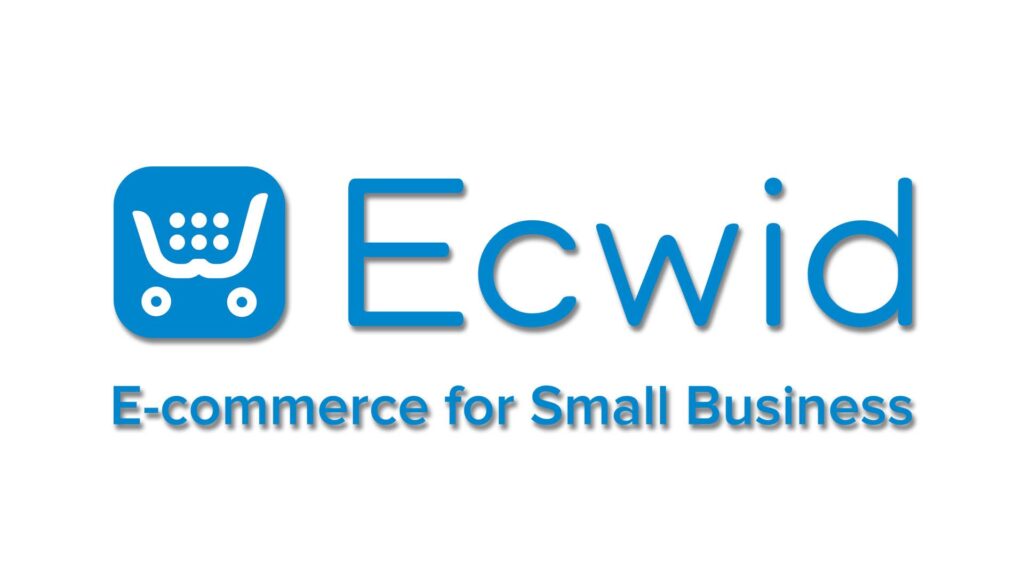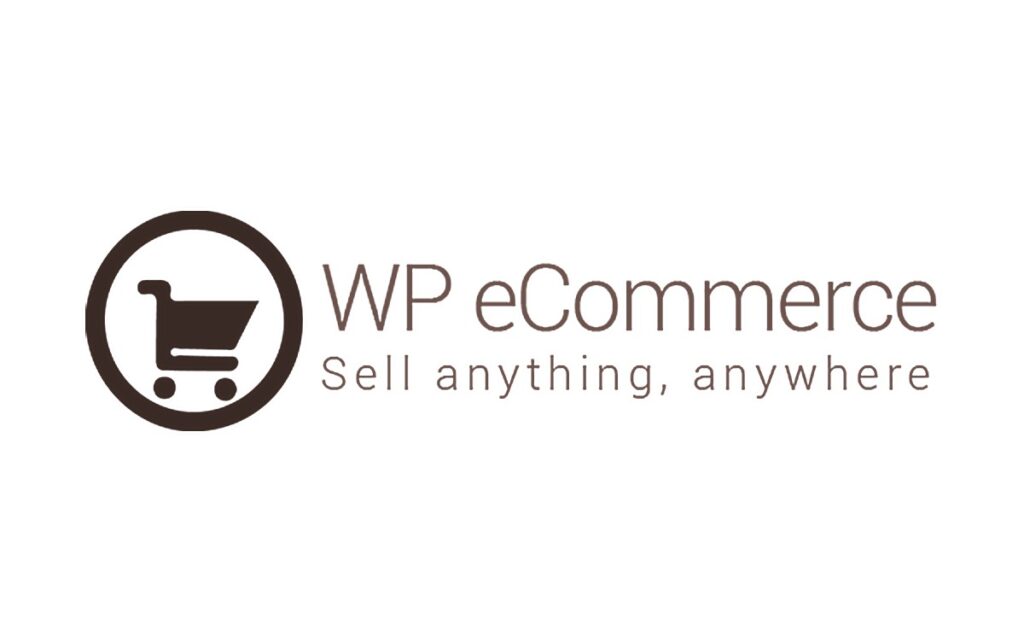In the world of e-commerce, WooCommerce has been a trusted companion for countless businesses, seamlessly integrating with WordPress to provide a powerful platform for online stores. However, as the e-commerce landscape evolves, so do the demands and preferences of businesses. In this comprehensive guide, we will delve into the realm of WooCommerce alternatives, examining the features, limitations, and unique aspects of each. Whether you’re a seasoned e-commerce enthusiast or just beginning your online business journey, this article will help you discover the ideal solution for your needs.
Unveiling the Power of WooCommerce
Before we embark on our journey to explore WooCommerce alternatives, let’s take a moment to understand what makes WooCommerce a formidable contender in the e-commerce arena.
Features that Shine Bright
WooCommerce boasts a plethora of features that have endeared it to businesses around the globe. From user-friendly product management to a wide range of customizable themes, it caters to the needs of both small startups and established enterprises. Its integration with WordPress offers a familiar interface for users, making it easier to set up and manage an online store.
However, its extensive feature set can be a double-edged sword. While it offers versatility, some businesses may find themselves overwhelmed with options. Furthermore, as your store grows, you may encounter challenges related to scalability and performance.
Limitations to Keep in Mind
While WooCommerce is a robust platform, it’s essential to be aware of its limitations. As an open-source solution, it may require more technical expertise to harness its potential fully. Scalability can be a concern for rapidly growing businesses, and some advanced features may require third-party plugins, adding to the cost and complexity.
The Need for WooCommerce Alternatives

As the e-commerce landscape continues to evolve, businesses may find themselves in search of alternatives to WooCommerce. These alternatives offer a diverse array of features, scalability options, and pricing models. Let’s delve deeper into this need for alternatives:
1. Diverse Business Needs
Every business is unique, and so are its e-commerce requirements. While WooCommerce serves a broad audience, some businesses may require specialized features or industry-specific solutions that WooCommerce alternative platforms can provide. Whether you deal in physical products, digital goods, or services, finding a platform that aligns with your specific needs is crucial for success.
For instance, if you run a subscription box service, you’ll need an e-commerce platform that seamlessly supports recurring payments and subscription management. Alternatively, if you sell handmade artisanal products, you might prioritize a platform that allows you to showcase your craftsmanship through visually appealing product galleries.
2. Scalability and Growth
For businesses with aspirations of rapid growth, the scalability of their e-commerce platform is crucial. WooCommerce’s scalability depends on the hosting environment, and as your store expands, you might encounter performance bottlenecks. Alternative platforms often offer more streamlined scalability options, allowing you to accommodate increasing traffic and sales seamlessly.
Imagine your online store experiences a sudden surge in popularity due to a viral marketing campaign. An alternative platform designed for scalability can effortlessly handle the increased demand, ensuring that your customers enjoy a smooth shopping experience without slowdowns or crashes.
3. Cost Considerations
Budget constraints can significantly influence the choice of an e-commerce platform. WooCommerce, being open source, may seem cost-effective initially, but expenses can accumulate when you factor in premium themes, plugins, and hosting. Some WooCommerce alternatives offer competitive pricing models and may include essential features in their packages, making them more budget-friendly choices for startups and small businesses.
Consider the long-term cost of ownership, including not only the platform’s subscription or licensing fees but also the expenses associated with hosting, payment processing, and any additional tools or integrations you may need. It’s essential to strike a balance between your budget and the features you require to ensure a sustainable and cost-effective e-commerce solution.
4. Technical Expertise
Not all businesses have the same level of technical expertise. While WooCommerce provides immense flexibility, it may require a steeper learning curve, particularly for those without a background in web development. WooCommerce alternative platforms often offer user-friendly interfaces and comprehensive support, enabling businesses to set up and manage their stores more easily.
Consider the composition of your team and their familiarity with web development and e-commerce platforms. If you have a small team with limited technical expertise, opting for a WooCommerce alternative platform that offers intuitive, drag-and-drop design tools and extensive customer support can simplify the setup and maintenance of your online store.
Commonly Used WooCommerce Alternatives For E-Commerce Excellence

Now that we’ve explored the need for WooCommerce alternatives, let’s examine some of the most popular WooCommerce alternatives in detail.
1. Shopify
Shopify stands as a formidable contender in the e-commerce arena. With its user-friendly interface, numerous customizable themes, and a plethora of built-in features, it’s an excellent choice for those seeking an all-in-one solution. Shopify simplifies the process of setting up an online store, making it accessible to entrepreneurs with varying levels of technical expertise.
2. BigCommerce
BigCommerce, as the name suggests, is designed for businesses with big ambitions. It offers scalability, advanced customization options, and powerful SEO tools, making it suitable for larger enterprises. Its comprehensive feature set empowers businesses to create immersive shopping experiences, ensuring that even the most demanding requirements are met.
3. Magento
Magento is the go-to choice for those requiring a high level of customization and control. As an open-source platform, it offers flexibility and can handle complex e-commerce requirements. While it may demand more technical expertise, it provides businesses with the tools they need to craft unique and feature-rich online stores.
4. PrestaShop
PrestaShop caters to businesses of all sizes with its user-friendly interface and a variety of themes and modules. It’s an excellent choice for those seeking simplicity. Whether you’re a small boutique or a growing online retailer, PrestaShop offers a balance of ease of use and essential features, making it a reliable WooCommerce alternative.
5. Wix eCommerce
Wix’s easy-to-use website builder extends to e-commerce, offering beautifully designed templates and a seamless integration experience. With Wix, you can create visually stunning online stores without the need for extensive design or development skills.
6. Squarespace
Squarespace combines elegant website design with e-commerce capabilities, making it a great choice for businesses that value aesthetics. Its templates are designed with a focus on visual appeal, allowing businesses to create a brand-aligned online presence.
7. Ecwid
Ecwid is a versatile e-commerce solution that can be seamlessly integrated into existing websites or social media platforms. Its free plan offers basic features, making it accessible to startups. Ecwid’s ease of integration and simplicity of use make it an excellent option for businesses looking to expand their online presence without the need for a dedicated website.
8. OpenCart
OpenCart, as an open-source platform, enjoys the support of a strong developer community. It’s a self-hosted solution suitable for businesses looking for control over their e-commerce environment. OpenCart’s extensibility allows businesses to add custom features and functionalities as needed.
9. 3dcart
3dcart is a cloud-based platform that offers a comprehensive set of features, including SEO tools and mobile optimization, catering to businesses of all sizes. Its all-in-one approach simplifies the management of online stores, ensuring that businesses can focus on growth and customer engagement.
10. Volusion
Volusion provides a variety of customizable templates and features for online stores, making it a robust choice for those looking for an all-in-one solution. Its built-in marketing tools and analytics empower businesses to drive growth and make data-driven decisions.
11. Easy Digital Downloads
For businesses focused on digital products, Easy Digital Downloads is a WordPress plugin that simplifies the process of selling and managing digital goods. It seamlessly integrates with WordPress, providing a familiar environment for content creators.
12. WP eCommerce
WP eCommerce is another WordPress plugin that offers a seamless e-commerce experience for those who prefer to stick with the WordPress ecosystem. It leverages the power of WordPress while providing essential e-commerce features.
Factors To Consider While Choosing The Perfect WooCommerce Alternative

Now that we’ve explored a diverse range of WooCommerce alternatives and their unique features, let’s discuss the essential factors to consider when making your decision.
1. Business Size and Growth
Consider the current size of your business and its potential for growth. Some platforms are better suited for startups, while others are built to accommodate large enterprises. Assess whether the chosen WooCommerce alternative aligns with your growth trajectory and can seamlessly scale as your business expands.
2. Technical Expertise
Evaluate your team’s technical expertise. Some platforms require more advanced skills for setup and customization, while others offer user-friendly interfaces that simplify the process. Ensure that the chosen platform matches your team’s capabilities to avoid unnecessary complications and delays.
3. Budget
Determine your budget and the cost of ownership. Some platforms have monthly subscription fees, while others may require investment in third-party plugins or development. Create a comprehensive budget that encompasses all potential expenses, including hosting, themes, plugins, and ongoing maintenance.
4. Feature Requirements
Identify the specific features your business needs to thrive in the competitive e-commerce landscape. Are you looking for advanced SEO tools, mobile optimization, or robust inventory management? Compare the feature sets of your shortlisted WooCommerce alternatives to ensure they meet your requirements and empower your online store.
5. Integration with Existing Tools
Consider how well the platform integrates with your existing tools and systems, such as accounting software or CRM solutions. Seamless integration can streamline your business operations, enhance efficiency, and provide a cohesive experience for both you and your customers.
Conclusion: Finding Your E-Commerce Nirvana
In the ever-evolving world of e-commerce, there’s no one-size-fits-all solution. WooCommerce has proven its mettle as a versatile e-commerce platform, but the WooCommerce alternatives mentioned in this article offer unique features and capabilities to suit a variety of business needs. By carefully considering your requirements and preferences, you can find the perfect WooCommerce alternative that propels your online business to new heights.
So, whether you’re a startup dreaming big or an established enterprise seeking scalability, explore your options, weigh the factors, and embark on your e-commerce journey with confidence.








![[pii_email_8fac9ab2d973e77c2bb9]](https://rocketfiles.com/wp-content/uploads/2023/02/000-http-error-codes-380x250.png)
